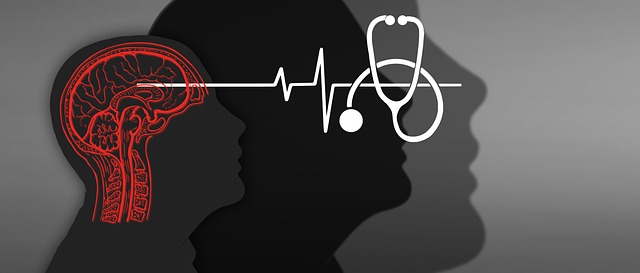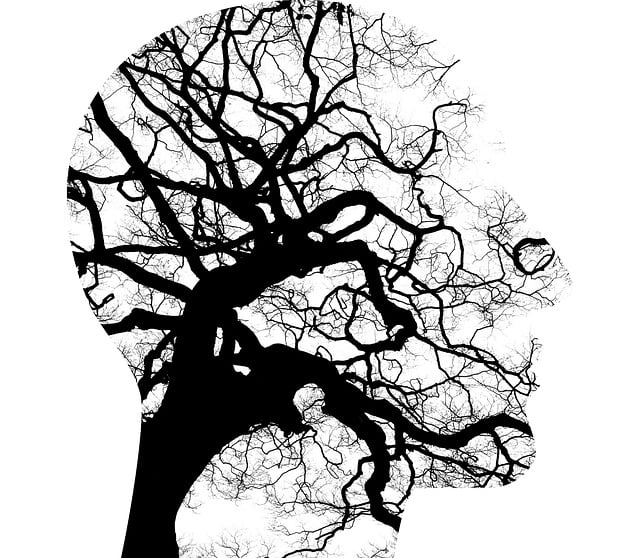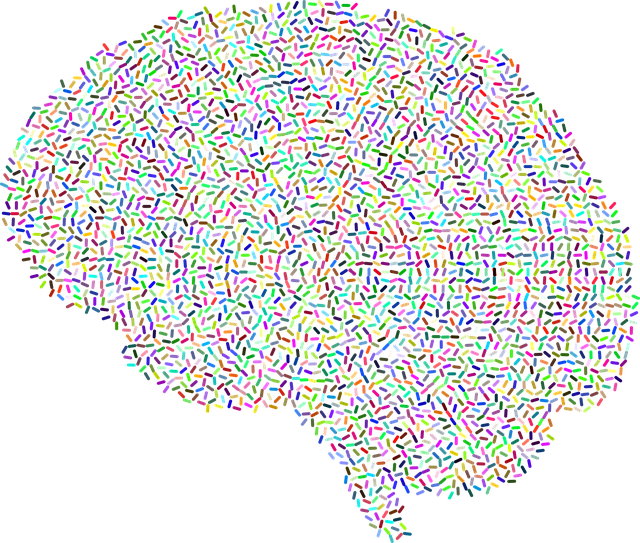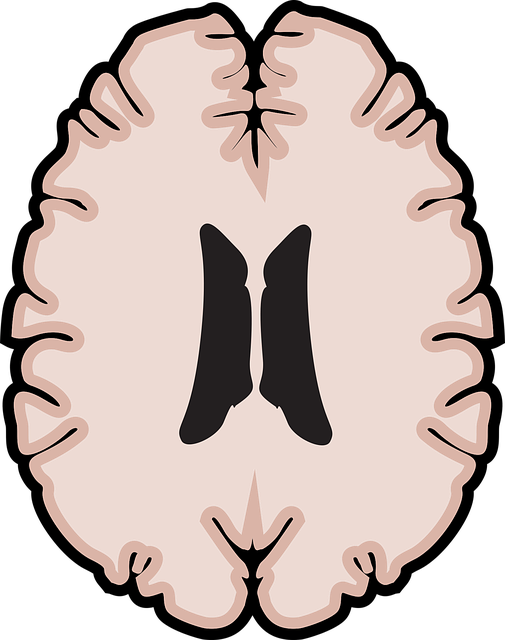Understanding mental health diagnoses is essential for effective treatment and reducing stigma. Boulder Divorce Therapy provides specialized services for divorcees and trauma victims, promoting understanding and ensuring individuals receive appropriate care. Therapists offer evidence-based practices tailored to unique needs, conducting risk assessments and fostering a safe environment through advanced communication techniques. Post-diagnosis, self-care strategies like setting boundaries, rest, enjoyment, and healthy coping mechanisms are crucial for recovery. Community resources like support groups, specialized therapy (e.g., Trauma Support), and Inner Strength Development programs empower individuals to thrive despite challenges.
“Navigating mental illness is a complex journey, often shrouded by stigma and misinformation. This comprehensive guide aims to demystify the process with a focus on Boulder divorce therapy—a specialized approach to addressing relationship challenges. We explore the crucial role of professional therapists in diagnosing and guiding patients through treatment options. From understanding diagnosis misconceptions to effective communication strategies and post-transition self-care, this article offers insights for those seeking support. Discover practical steps towards healing and empowerment.”
- Understanding Mental Health Diagnoses: Debunking Stigma and Misconceptions
- The Role of Professional Therapists in Navigating Treatment Options
- Effective Strategies for Communication During Therapy Sessions
- Supporting Post-Diagnosis Transition: Self-Care and Community Resources
Understanding Mental Health Diagnoses: Debunking Stigma and Misconceptions

Understanding Mental Health Diagnoses plays a pivotal role in navigating treatment effectively. Debunking stigma and misconceptions is essential, as it fosters an environment conducive to seeking help. Mental health diagnoses are not personal failures; they represent specific conditions that impact brain chemistry and behavior. Just as physical ailments require medical attention, mental health issues necessitate professional care.
Boulder Divorce Therapy, for instance, offers specialized services tailored to address the unique challenges of individuals navigating divorce. Trauma Support Services, Compassion Cultivation Practices, and Mental Health Education Programs Design are further examples of resources that empower individuals to manage their mental health effectively. By promoting understanding and reducing stigma, these initiatives ensure that those in need receive the support and treatment they deserve without hesitation or judgment.
The Role of Professional Therapists in Navigating Treatment Options

Professional therapists play a pivotal role in assisting individuals navigating their mental illness diagnosis and treatment options. These experts are trained to provide crucial support, guidance, and evidence-based practices tailored to each client’s unique needs. Through comprehensive risk assessments for mental health professionals, they ensure safe and effective interventions, considering the complexity of individual cases.
Boulder Divorce Therapy, for instance, focuses on improving communication strategies, fostering emotional intelligence, and promoting healthy coping mechanisms. Therapists help clients understand their diagnosis, explore various treatment modalities, and make informed decisions. By integrating advanced communication techniques, therapists create a safe space for individuals to express their feelings, fostering trust and encouraging active participation in their care, ultimately enhancing the overall therapeutic experience.
Effective Strategies for Communication During Therapy Sessions

Effective communication is a cornerstone of successful therapy sessions, especially when navigating complex mental health concerns. At Boulder Divorce Therapy, we understand that open dialogue fosters trust and facilitates deeper exploration of one’s thoughts and emotions. Therapists should create a safe and non-judgmental environment where clients feel encouraged to express themselves honestly. Active listening, for instance, involves not just hearing but fully comprehending and acknowledging the client’s perspective, demonstrating empathy and helping them process their feelings effectively.
Incorporating techniques like reflecting on what the client has shared, asking clarifying questions, and summarizing key points can significantly enhance communication. This two-way exchange allows therapists to gain valuable insights while guiding clients towards better understanding their mental health conditions. By integrating these strategies, our Mental Health Education Programs Design focus on empowering individuals with coping skills development and trauma support services, ultimately improving their therapeutic journey.
Supporting Post-Diagnosis Transition: Self-Care and Community Resources

Receiving a mental illness diagnosis is just the first step; navigating the post-diagnosis transition to effective treatment and self-care is equally crucial. This period demands a supportive network, practical resources, and strategies for managing symptoms. Many individuals, upon receiving their diagnosis, might feel overwhelmed or unsure about how to proceed. Here, Boulder Divorce Therapy offers a guiding hand, assisting clients in developing inner strength and resilience.
Self-care becomes an essential tool in this journey, helping individuals manage stress and cultivate well-being. This involves setting boundaries, prioritizing rest, engaging in enjoyable activities, and adopting healthy coping mechanisms. Community resources, such as support groups, therapy services like Trauma Support, and programs focused on Inner Strength Development, play a pivotal role in fostering recovery. These resources not only provide additional trauma support but also equip individuals with stress management skills, enabling them to thrive despite challenges.
Navigating a mental illness diagnosis can be daunting, but with the right support, individuals can find their path to healing. By understanding the intricacies of mental health diagnoses, leveraging professional therapists’ expertise, and adopting effective communication strategies during therapy, one can unlock transformative self-care practices and access valuable community resources. Boulder Divorce Therapy emphasizes these key aspects, providing a comprehensive approach to facilitate smooth transitions post-diagnosis, ultimately fostering resilience and improved well-being.














